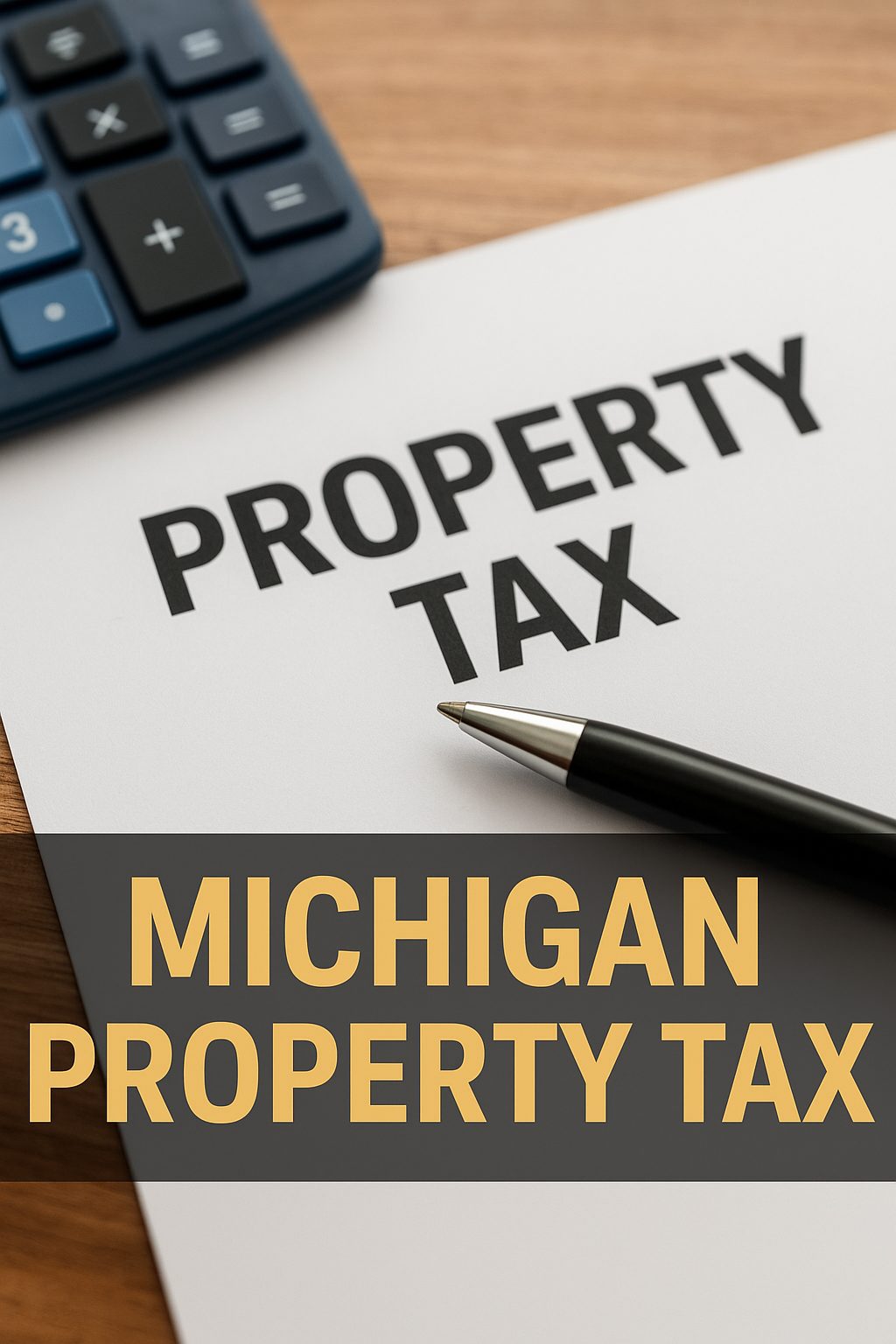In Michigan, when you buy a home that has been owned by the previous owner for many years, your property taxes are likely to increase significantly—often referred to as “property tax sticker shock.” Here’s why that happens and what it could mean for you:
1. Capping and Uncapping: The Tax Mechanics
-
Michigan uses a system where a home’s taxable value is capped—limited to increasing by inflation or 5% annually, whichever is lower, as long as ownership doesn’t change. This is a benefit of long-term ownership. Smith BovillGreater Lansing MLS
-
When the property changes ownership, this cap is lifted (“uncapped”), and the taxable value is reset to match the State Equalized Value (SEV)—which is approximately 50% of market value. City of SouthfieldSmith BovillGreater Lansing MLSMichigan.gov
-
The result? Buyers often face a big jump in taxable value—and thus tax bills—starting the year after purchase. City of Southfieldcherylclossick.comGreater Lansing MLS
2. Real-World Example
-
Say a home has an assessed value of $100,000 (50% of market value) but for decades, the taxable value was capped at $75,000.
-
After purchase, the taxable value resets to $100,000 (reflecting the SEV), resulting in a higher tax base—and higher taxes. City of SouthfieldGreater Lansing MLS
3. Local Homeowner Experiences
Local Michigan homeowners often report steep increases in property taxes post-purchase:
“Yeah, it’s quite common for property taxes to double or even triple after your first year of ownership because of uncapping.” Reddit
“Taxes always jump significantly a year after you’ve owned… For year three, you owe the increase… and the bank wants it all caught up.” Reddit
“We moved into a new house… paid $2500… fast forward… taxes are $3900. Tax uncapping—year after sale.” Reddit
Summary Overview
| Factor | Description |
|---|---|
| Tax Cap | Capped at 5% or inflation for long-term owners—results in low taxes. |
| Uncapping | Upon purchase, taxable value resets to SEV (uncapped)—higher taxes result. |
| Buyer Impact | Likely property tax increase in the following tax year. |
| Why It Happens | Michigan’s Proposition A rules on property tax assessment. |
Takeaway for Buyers in Oakland & Macomb Counties
If you’re purchasing a home that’s been owned for 7+ years:
-
Don’t base your tax estimate on the seller’s past tax bill.
-
Expect the taxable value to be reset to SEV in the next tax year, which means higher taxes. Axioscherylclossick.com
-
For budgeting, use the current SEV as a guide—not the historical taxable value.
Disclaimer
I am not a tax advisor or attorney. The information provided regarding Michigan property tax “uncapping” is intended for general educational purposes only and should not be relied upon as legal or tax advice. Property tax laws can vary by municipality and are subject to change. Buyers and sellers should verify current tax rates and assessments directly with the local assessor’s office and consult with a qualified tax professional, attorney, or accountant for advice specific to their situation.


 Facebook
Facebook
 X
X
 Pinterest
Pinterest
 Copy Link
Copy Link



